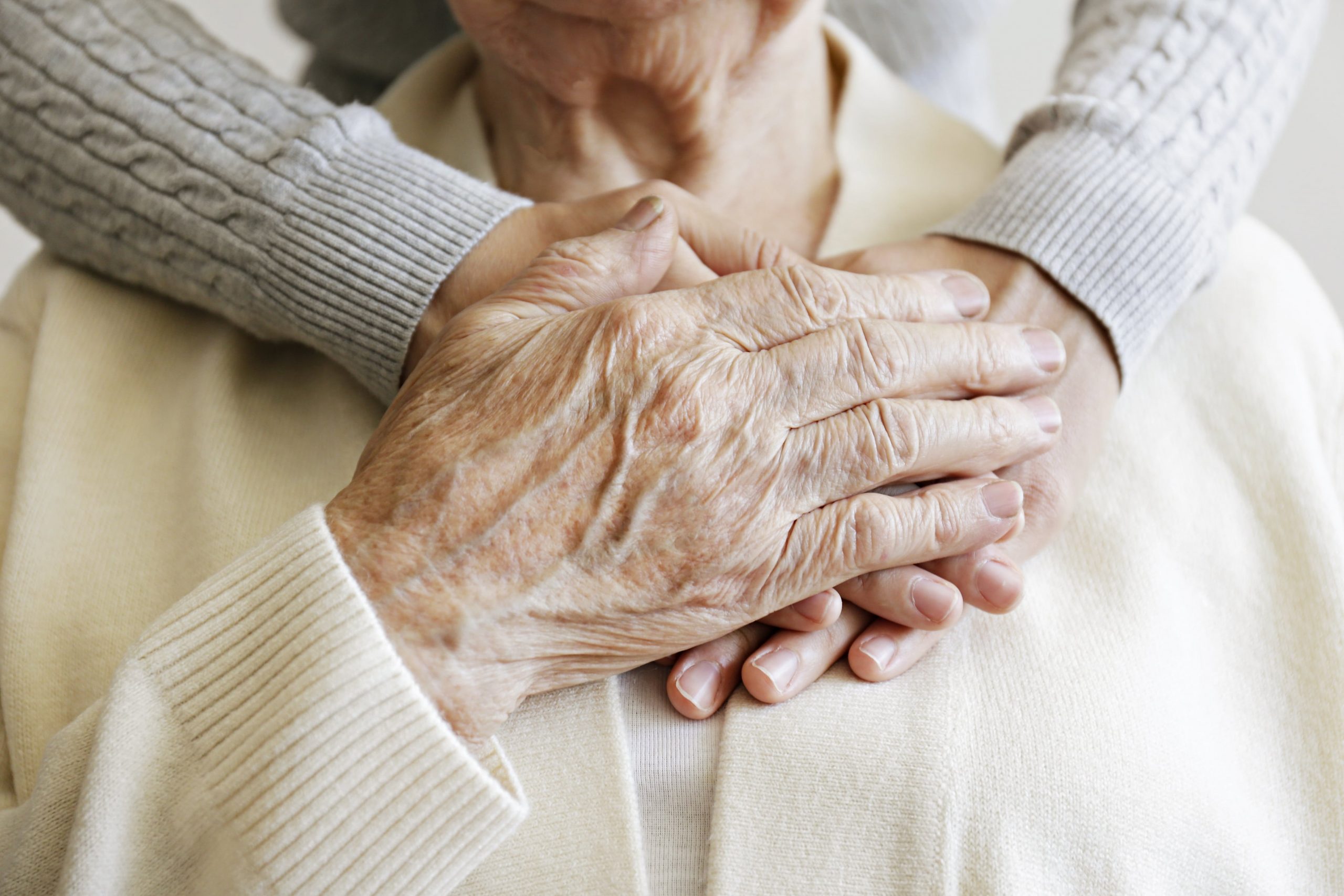Adult Hospice Care
Everything You Need to Know about Beginning Hospice Care
 When facing the prospect of you or a loved one beginning the hospice care journey, it’s normal to feel overwhelmed and unsure of what you need to do. Suddenly, you’re expected to make important decisions and understand a whole world of information that you may have never been exposed to. In this blog, we’ll examine some of the things you need to know about hospice care and resources that can make the experience easier to manage.
When facing the prospect of you or a loved one beginning the hospice care journey, it’s normal to feel overwhelmed and unsure of what you need to do. Suddenly, you’re expected to make important decisions and understand a whole world of information that you may have never been exposed to. In this blog, we’ll examine some of the things you need to know about hospice care and resources that can make the experience easier to manage.
Knowledge is Power
While the idea of hospice care may cause a lot of dread, it’s not something that should be feared. Hospice and palliative care can provide a significant amount of comfort to the patient and family members, making their end-of-life journey much more positive while giving families more quality time with their loved one.
Hospice care doesn’t have to be scary, and understanding it helps make the concept easier to deal with. As much as we may want to, shying away from hospice isn’t the answer and the more you can know about the process, the better health decisions you can make for yourself or a loved one.
So, What Exactly is Hospice?
Hospice care is a care type focused on providing comfort and symptom management to individuals no longer seeking curative treatment. The goal of hospice providers is to ensure that the patient and their families are supported during the patient’s end-of-life journey. While some may see hospice care as a death sentence, in reality, this type of care is focused on improving the quality of a patient’s life when faced with a terminal illness.
A similar type of care, palliative care, which is often referenced in tandem with hospice, provides similar treatments and techniques while a patient is still seeking curative treatment. This often-overlooked form of care can help people receive a better quality of life while pursuing treatment for their illness.
What You Need to Know Before Hospice
It’s important to have the tough conversations early. Before seeking hospice care for a loved one, be sure to discuss their end-of-life goals and plans. These may include determining if they would live with you or in a facility, what types of treatments they would and wouldn’t seek, at what point they would no longer wish to receive curative treatment and plans regarding their will and finances.
End-of-life planning is most helpful when done in advance, ensuring you and your loved ones have plenty of time to think through what’s best and preventing the stress of making major decisions under pressure. In addition to having these tough conversations, getting all of the needed documentation done ahead of time can be a huge help. Having everything written down and finalized will allow the hospice process to go smoother and prevent unnecessary stress.
If you’re unsure of where to start, resources like this toolkit from PREPARE™ for Your Care and guides from The Conversation Project can be incredibly beneficial.
Where to Start Post-Hospice
In the time immediately following a loved one’s passing, you can find yourself simultaneously dealing with grief and being forced to answer questions, make plans and handle the affairs of the deceased. We have created a checklist of everything you may need to handle during this time to ensure nothing is missed and that you have a trusted guide throughout this difficult time.
Don’t Forget About Yourself
During the process of seeking hospice care for a loved one and, ultimately, their passing, it can be easy to neglect your own needs. It’s completely normal to focus most of your time and energy on a family member during their final months or years and even after their death, but it’s important to care for yourself, too. This will not only keep your own mental and emotional health in check, but allow you to more fully be there for your loved one. Tapping into your community and resources to help as you navigate this time is crucial to ensuring your own health and well-being.

